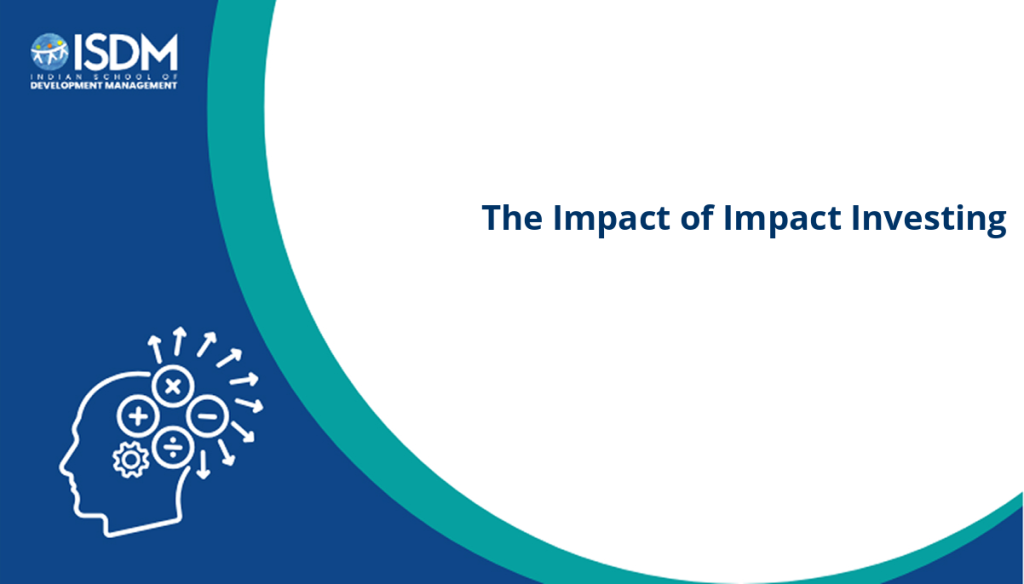Home > Development Management > The Impact of Impact Investing

Interested in the full story?
Access the complete case study to learn more
Jonathan Berk, Jules H. van Binsbergen
No ratings yet
|
|
Thank you for Signing Up |

